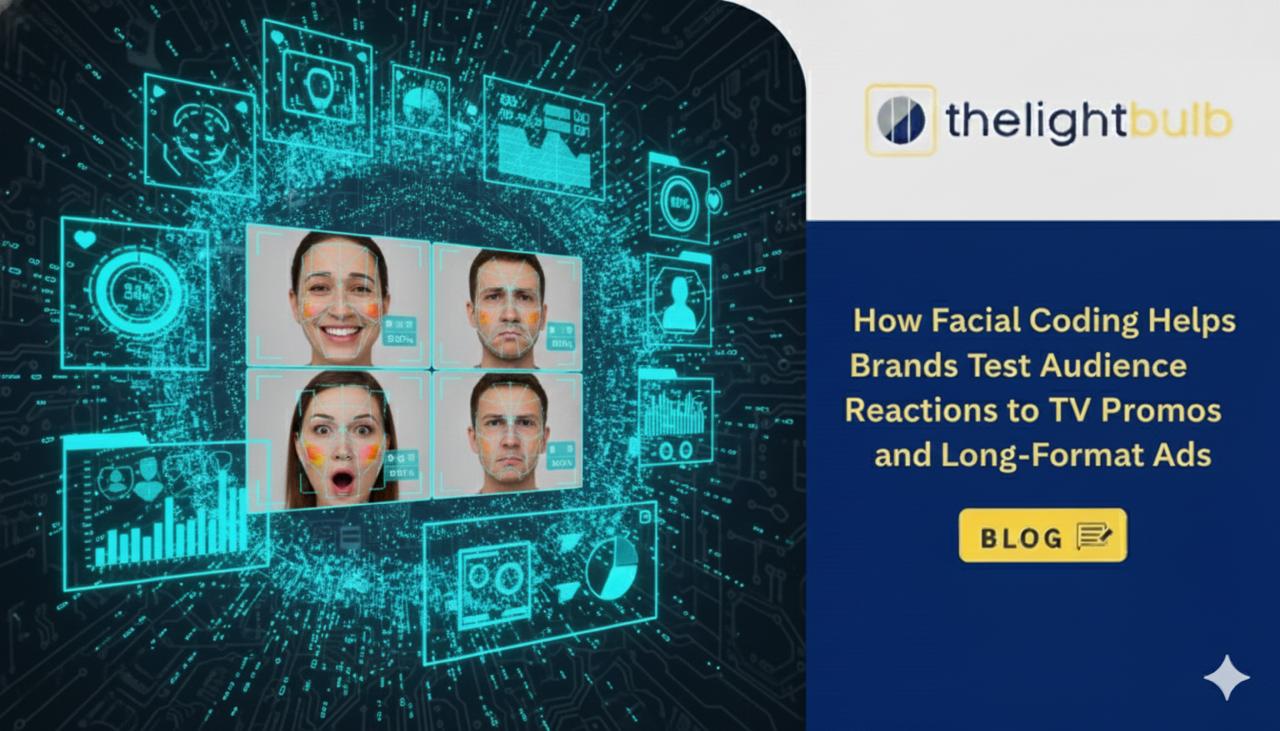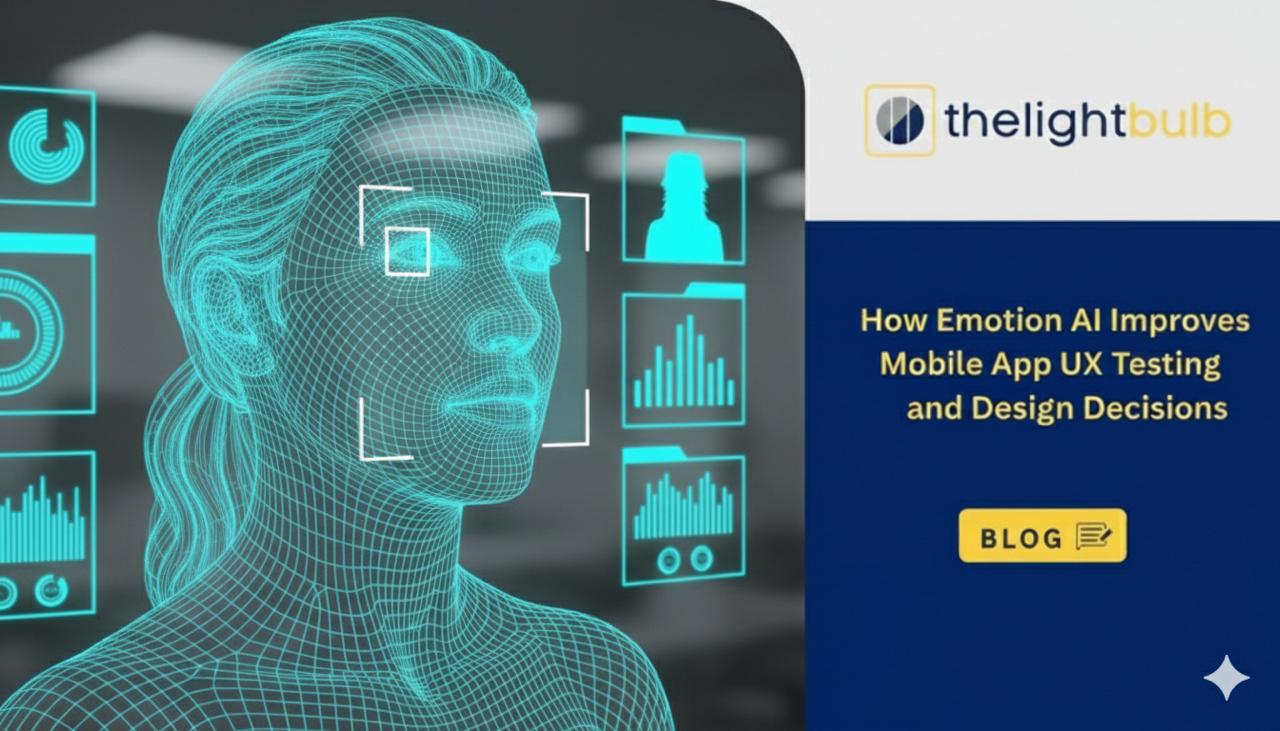
In a generation in which consumer enjoy is fundamental, Emotion AI (also called affective computing) has emerged as a progressive device that permits manufacturers to apprehend and engage with their audiences on an emotional degree. Unlike traditional synthetic intelligence, which analyzes statistics through logical styles, Emotion AI can recognize and interpret human feelings from diverse assets, consisting of facial expressions, voice tones, and textual content sentiment. The capability to faucet into emotional information has made Emotion AI an vital technology in the discipline of advertising and marketing, allowing manufacturers to craft greater customized, impactful, and powerful campaigns.

1. What is Emotion AI?
Emotion AI, or affective computing, is a department of synthetic intelligence that permits machines to hit upon, interpret, or maybe simulate human emotions. It operates by the use of reading facial expressions, voice modulation, frame language, and textual content-based sentiment to apprehend the emotional state of human beings. With advances in device gaining knowledge of and natural language processing (NLP), Emotion AI can now provide actual-time insights into how clients experience at any given moment.
1.1 How Emotion AI Works
Emotion AI leverages sensors, cameras, and audio system to collect emotional cues from users. For example, facial popularity software program can come across micro-expressions, whilst voice evaluation can become aware of diffused changes in tone that suggest emotions like happiness, frustration, or unhappiness. Text-based totally Emotion AI tools examine written content material to decide the emotional context behind words, helping manufacturers better understand how customers feel whilst interacting with their services or products.
2.The Impact of Emotion AI on Marketing
Emotion AI is transforming how manufacturers have interaction with their customers. By statistical emotional cues, entrepreneurs can tailor their messages and gives in methods that resonate more deeply with their goal marketplace, foremost to higher engagement, better customer reviews, and multiplied loyalty.
2.1 Enhanced Customer Personalization
Emotion AI permits marketers to take personalization to the next degree. Traditional personalization techniques are primarily based on demographic records or past behavior, but with Emotion AI, brands can customise interactions primarily based on a client’s emotional state. For instance, if a patron is feeling pissed off even as interacting with a service or product, the AI gadget can recommend helpful solutions or improve the problem to human help. This real-time emotional expertise makes interactions more significant and effective.
2.2 Improved Customer Experience
Incorporating Emotion AI into customer support and advertising approaches significantly complements the overall patron experience. By detecting frustration or confusion in actual-time, organizations can offer timely help or solutions. This proactive approach to addressing consumer worries can result in better pride levels and advanced brand loyalty.
2.3 Data-Driven Emotional Insights
Emotion AI presents entrepreneurs with deep insights into how clients feel about their services and products. These insights pass past widespread analytics, presenting a better expertise of emotional engagement with advertisements, product reviews, and emblem interactions. Emotion AI can examine hundreds of purchaser interactions across more than one touchpoints, supporting manufacturers satisfactory-song their advertising techniques for greater emotional effect.
2.4 Emotion-Driven Advertising
Emotion AI is also reworking the sector of marketing. By studying emotional reactions to advertisements, manufacturers can understand which messages resonate first-rate with their audience. Advertisers can tweak their content in real-time to ensure that it inspires the preferred emotional response, making ads more impactful and memorable. Emotion AI also can guide media shopping for decisions through figuring out the emotional tone of different channels or systems, supporting manufacturers’ regional commercials in environments that align with their desired emotional message.

3.The Ethical Considerations of Emotion AI in Marketing
While the blessings of Emotion AI in advertising are widespread, there are also ethical concerns that manufacturers ought to address. Privacy concerns are paramount, as clients may experience uncomfortable knowing that their feelings are being tracked and analyzed. Brands must be obvious about how emotional data is collected and used, ensuring they preserve accept as true with their target market.
3.1 Building Trust with Transparency
For Emotion AI to succeed in marketing, brands have to be open about their use of this era. Consumers should have clear choose-in and opt-out options for emotional records monitoring. Transparency around how this data is used to beautify patron studies can be key to gaining customer acceptance as true with.
3.2 Data Privacy Concerns
Emotion AI is predicated closely on personal data, along with facial expressions, voice styles, and written conversation. This raises worries approximately data safety and the ability for misuse. Marketers want to make sure that they comply with information protection regulations and ethical recommendations to guard customer records.

4. The Future of Emotion AI in Marketing
As AI technology maintains to adapt, the ability applications of Emotion AI in marketing are endless. From growing emotionally shrewd chatbots to developing personalized advert campaigns based totally on real-time emotional feedback, Emotion AI will retain to shape the future of customer interplay.
4.1 Emotion AI-Driven Customer Support
In the future, brands could use Emotion AI to create customer service systems that are emotionally aware and empathetic. These systems ought to robotically hit upon while a purchaser is pissed off and improve the problem to a human representative or provide alternative answers before feelings amplify similarly. This degree of emotional intelligence will redefine customer support standards.
4.2 Predictive Emotional Analytics
Predictive analytics powered via Emotion AI ought to grow to be a precious tool for entrepreneurs. By studying beyond emotional facts, brands can expect emotional responses to their campaigns and merchandise. This will allow entrepreneurs to create strategies that align with purchaser feelings, mainly to extra hit campaigns and better customer engagement.

Conclusion
Emotion AI is reshaping advertising with the useful resource of imparting deeper insights into client emotions and behaviors. By experiencing how customers sense, manufacturers can create extra personalized, emotionally resonant campaigns that beautify the patron enjoy. However, with this electricity comes the obligation to use emotional records ethically and transparently. As the technology keeps expanding, Emotion AI will play a more and more essential role in crafting advertising and marketing strategies that connect to customers to a deeper degree.
FAQs
1. What is Emotion AI?
Emotion AI, additionally called affective computing, is a era that allows machines to stumble on and interpret human feelings using facial expressions, voice tones, and text evaluation.
2. How does Emotion AI improve marketing?
Emotion AI complements marketing with the aid of imparting insights into consumer feelings, permitting manufacturers to customise experiences, enhance engagement, and create greater emotionally resonant commercials.
3. Is Emotion AI moral?
Emotion AI increases ethical troubles related to privacy and data safety. Brands need to ensure transparency and shield consumer facts to preserve recollect whilst using this era.
4. Can Emotion AI assume patron behavior?
Yes, Emotion AI can use emotional data to predict destiny purchaser responses and behavior, assisting manufacturers create greater effective marketing techniques.










